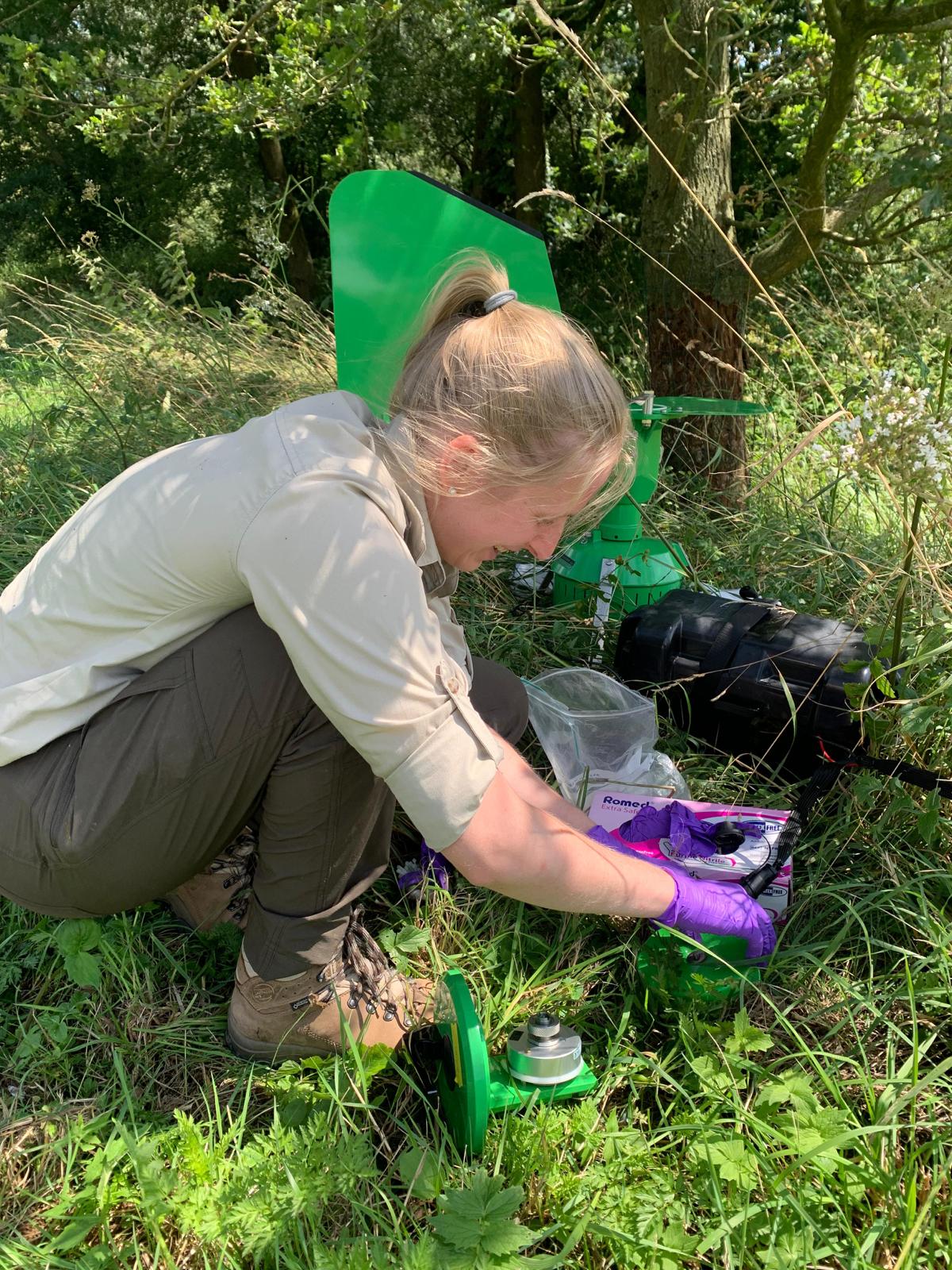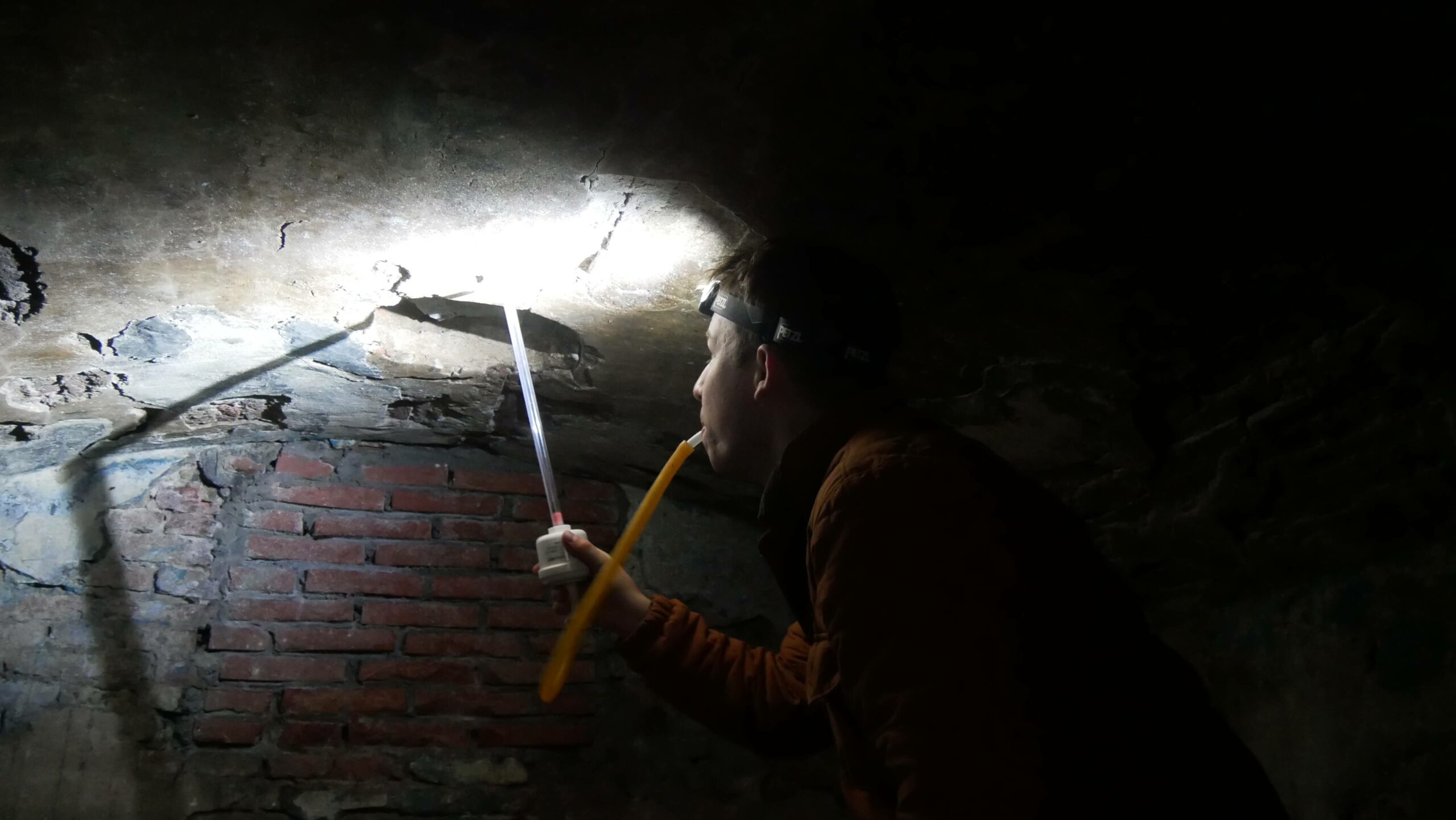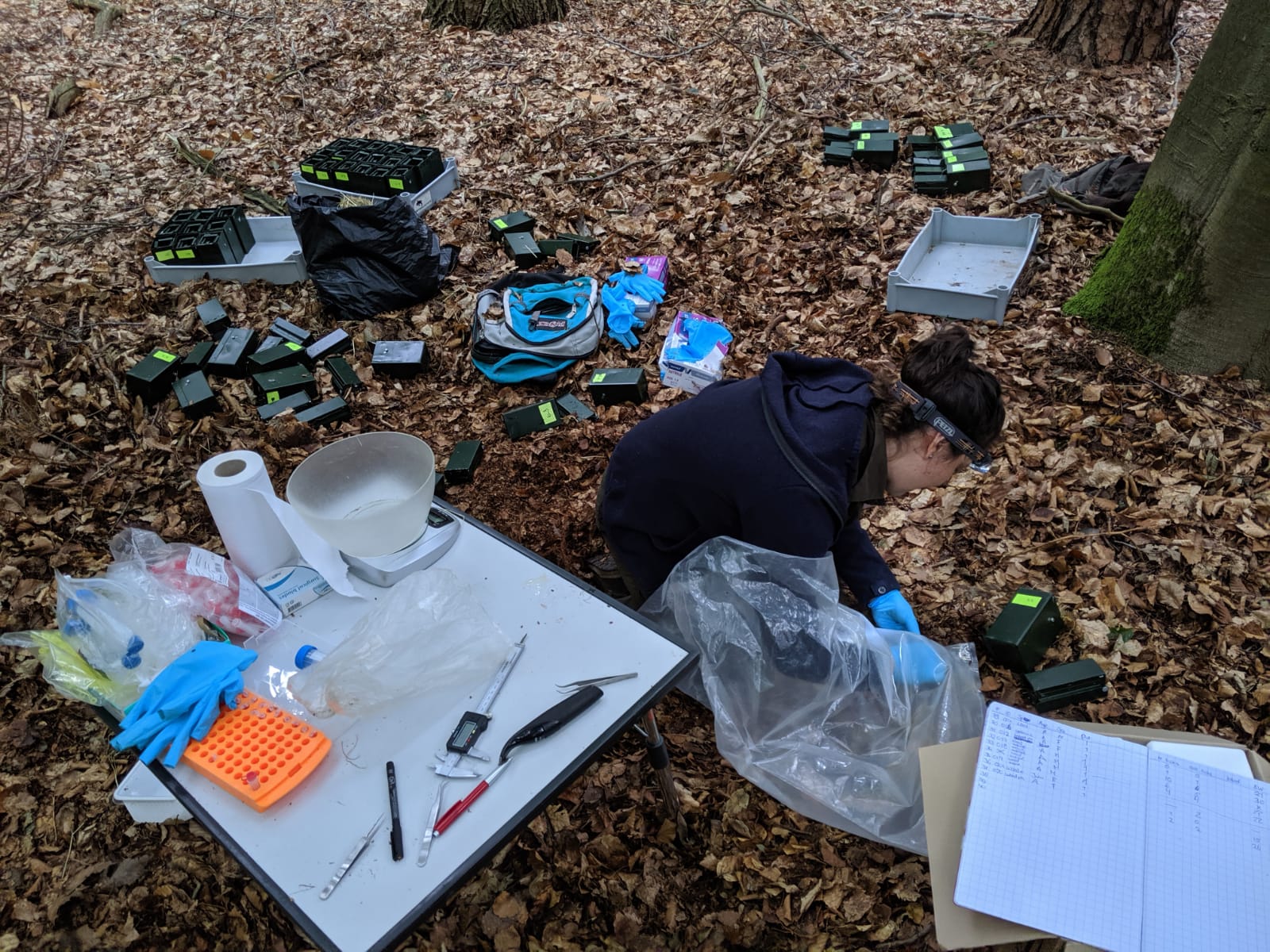With the cold we are experiencing now, it is always nice to look back at our summer adventures! Last summer, I (Carlijn Balvers) conducted my first field season, where I tried to catch blood-fed mosquitoes. With these blood-fed mosquitoes, we can do all sorts of interesting analyses. For example, on what hosts did the mosquitoes feed? Are there maybe pathogens inside the blood that we can detect to know which pathogens are circulating in animals?
Scientists in the field
Scientists in the field: Asian bush mosquitoes in Lelystad
Temperatures are rising and days are getting longer, this means it is summertime! Although this is the time of the year that a lot of people look forward to, it is also the time of the year when annoying mosquitoes are bothering us again.
Scientists in the field: can mosquitoes smell their success from our blood?
Hi everyone! My name is Marieke de Swart and I am a PhD candidate at the OHE group. We all know that some people are more attractive to mosquitoes than others. I am trying to find out why this is the case for the malaria mosquito Anopheles coluzzii (formerly An. gambiae s.s.). Do people that smell more attractive to mosquitoes have other advantages for this mosquito? Female mosquitoes bite us because they need blood to lay eggs. Can we find something in our blood to explain these differences in attraction? Can mosquitoes smell the person with the blood that will give them an advantage?
Scientists in the field: overwintering ecology of mosquitoes
When thinking of mosquitoes, many people think of hot summer nights on which they are repeatedly annoyed by the little brats. Rightly so, as the vast majority of mosquito species is mostly active at some point during summer. Consequently, this is also the period during which the chance of mosquito-borne disease circulation is highest. Therefore, mosquito surveillance efforts are usually performed during summer, but what happens with these insects during winter?
Scientists in the field: tick-borne diseases and innate immune assays in rodents
We have all heard about tick-borne diseases and their impact on human health. I’m Laura, an MSc student in Animal Sciences at Wageningen University & Research. As an MSc student, I’m lucky to be able to go on field trips and see beyond books and papers how tick-host interactions work.




